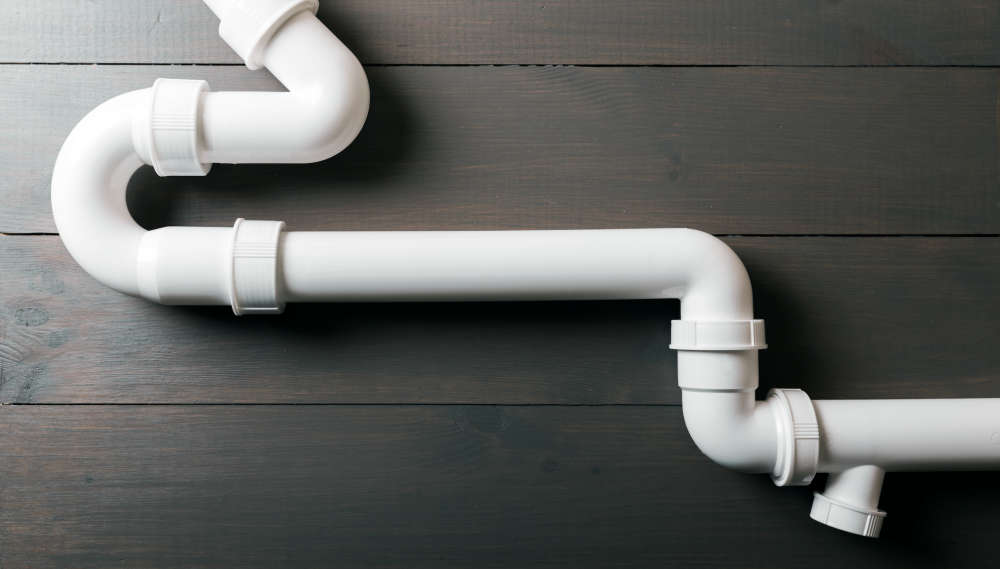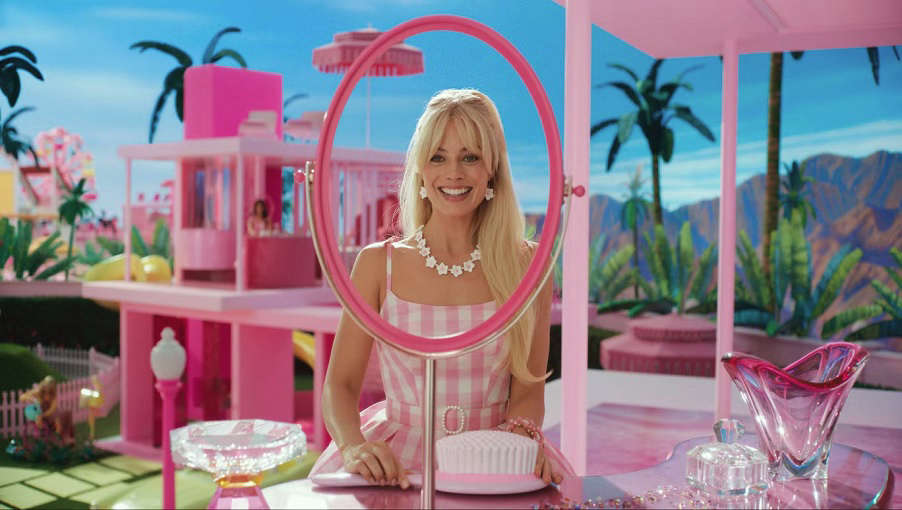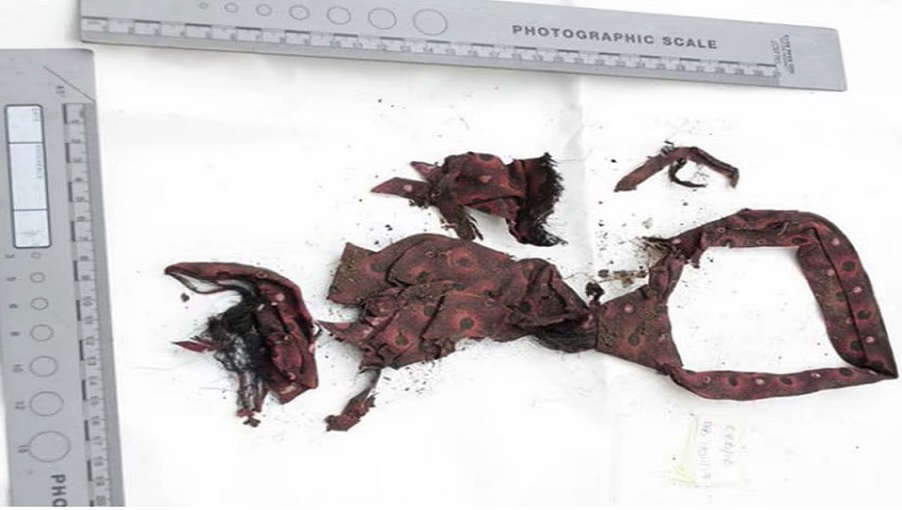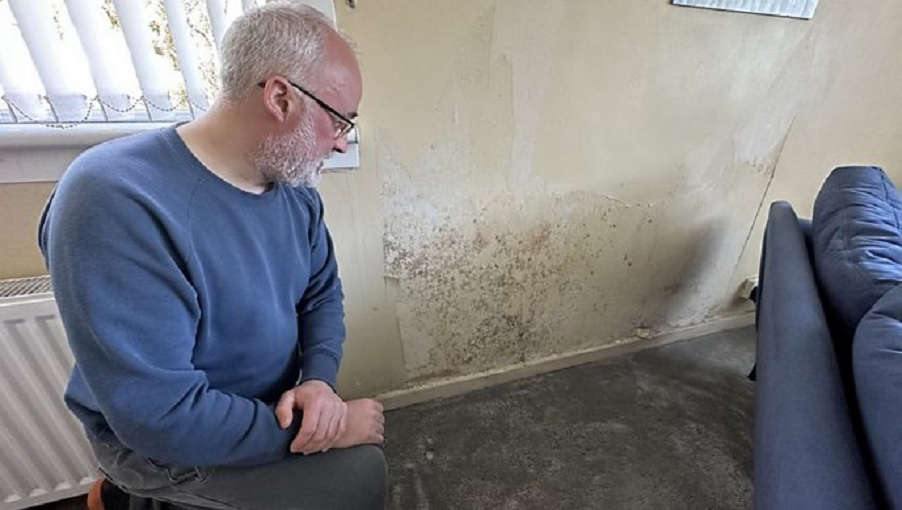

Plastic pipework is one of most common insurance claims
Posted: Wednesday, April 19th, 2023

The research into water leak insurance claims, which cost UK insurers £2.5 million a day, investigated the issue of escape of water in buildings, and whether the type of piping material contributes to this issue. Escape of water in buildings is a major issue for both the construction and insurance industries. In the past eight years alone, the total cost of escape of water claims has nearly doubled and, in 2018, nearly one in three of Zurich Insurance’s total claims were for water damage caused by burst pipes and escape of water. In the new research, The Association of British Insurers states that one of the main causes to the increase in volume of escape of water claims is the increased use of plastic push-fit pipework in renovation and new build projects. Ian Hollingworth, claims manager for EC Insurance Co., stated: “We have seen an upsurge in escape of water claims in recent years, and the increasing use of push-fit pipes has, without a doubt, contributed to this rise.” As a result of the upsurge in escape of water claims, the insurance industry’s approach to claims of this type is hardening, resulting in higher premiums and increased excesses. The results of the study highlight the potentially costly risks for homeowners choosing plastic push-fit pipework for their renovations or purchasing a new build property equipped with this type of pipework. The research also reveals how escape of water can be caused by material failure from plastic pipes if they come into contact with incompatible materials. These include caulks and fire stopping materials, leak detection fluids, pipe tapes, sealants, and paints. Forensic investigation firm Hawkins has looked into escapes of water from chlorinated polyvinyl chloride (CPVC) pipework in recent years. This revealed how, when used in conjunction with incompatible fire-stopping compounds, the pipework could become more flexible, while in some instances it became brittle and cracked. Dr Christabel Evans, materials engineer at Hawkins, said: “One emerging area is escape of water from sprinkler systems. CPVC plastic pipes used in conjunction with the incompatible fire stopping compounds can cause environmental cracking of the pipework itself.” Other factors that the research revealed are poor workmanship and an increase in the number of ‘DIY’ plumbing installations, perhaps owing to homeowners attempting to save money. Another factor is a desire for integrated appliances and ‘hidden’ pipework, which conceals unsightly pipework behind walls and panels, making it more difficult to spot a leak. The findings of the research show that the number and cost of escape of water claims continues to rise, and it can be noted that this trend seems to have coincided with the increased uptake of plastic pipework. Andrew Surtees, co-founder of CuSP, said: “The research gives us great insights into how we can reduce water leak cases and claims – for example, making more appropriate material choices to help minimise pipe failures. “When it comes to piping materials, the results shows that plastic pipes do play a part in the high number of claims, as well as the workmanship of the people installing them. Choosing this type of pipework for your renovation or purchasing a new build with this type of pipework could be a costly mistake for homeowners. “However, the risks of this can be minimised by ensuring that you hire a qualified plumber to install your pipework and also by installing more durable materials, such as copper. “Copper has exceptional durability and is often used in environments and applications where material integrity is critical. In fact, thanks to its longevity, copper pipes can – if installed with care – outlast the life of a building.”
Trending Stories
-
 Essex electrician has roundabout signs rejected
Essex electrician has roundabout signs rejected
A sparkie’s bid to sponsor signs on two roundabouts has been refused by planning chiefs who described them as “clutter”
-
 Barbie caused a ‘worldwide’ shortage of pink paint
Barbie caused a ‘worldwide’ shortage of pink paint
Barbie needed so much fluorescent pink paint that it caused a worldwide supply shortage for an entire company
-
 Builders find body of man murdered in the 1960s and buried in back garden
Builders find body of man murdered in the 1960s and buried in back garden
A woman who bought a South London house was left horrified after builders discovered the body of a man murdered in the 1960s and buried in her garden 14 months after she moved in
-
 'Government insulation scheme ruined my home'
'Government insulation scheme ruined my home'
A home-owner said his flat has been ruined by black mould caused by a government "green" insulation schem
-
 Builder celebrates lottery win by buying his coworkers bacon butties
Builder celebrates lottery win by buying his coworkers bacon butties
A builder from Milford Haven who won big on the lottery celebrated his victory by treating all his workmates to a round of bacon rolls
Comments
Add a comment